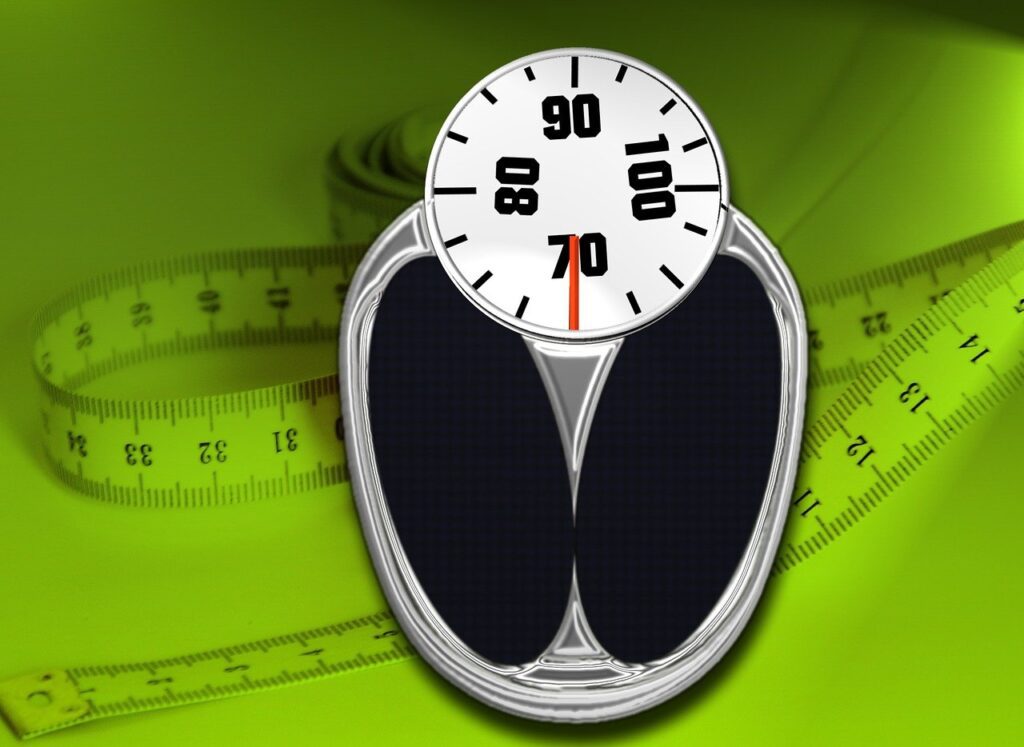In today’s fast-paced world, many individuals say that “I need to lose weight fast, and I don’t care how. The urgency to shed those extra pounds has consumed my thoughts, and I’m willing to try anything to achieve my goal. Whether it means strict diets, intense workout regimens, or even resorting to extreme measures, I’m ready to push myself to the limit.” However, it is crucial to prioritize your health and well-being throughout the weight loss journey. This article will provide you with effective and sustainable methods to shed pounds fast while maintaining a healthy lifestyle.

Understanding the Importance of Healthy Weight Loss.
Before embarking on any weight loss journey, it is essential to understand the significance of healthy and sustainable weight loss. Rapid weight loss methods may yield quick results, but they are often associated with various health risks and can be difficult to maintain in the long run. Opting for healthy weight loss ensures that you not only lose weight but also improve your overall health and well-being.
Setting Realistic Goals.
Setting realistic goals is crucial for successful weight loss. It is important to understand that losing weight fast does not necessarily mean losing weight in an unhealthy manner. Determine a realistic target weight and create a plan to achieve it gradually. Consult with a healthcare professional or a registered dietitian to set achievable goals that align with your body’s needs.
Incorporating Regular Exercise.
Regular physical activity is vital for weight loss and overall well-being. Engage in activities that you enjoy, such as brisk walking, jogging, swimming, or cycling. Aim for at least 150 minutes of moderate-intensity aerobic exercise or 75 minutes of vigorous-intensity exercise per week. Additionally, include strength training exercises to build muscle and boost your metabolism.
Utilizing Portion Control and Mindful Eating.
Practicing portion control and mindful eating can significantly contribute to weight loss. Be mindful of your hunger and fullness cues, and avoid eating in front of screens or while multitasking. Chew your food thoroughly and savor each bite. By paying attention to your body’s signals, you can avoid overeating and make healthier choices.
Adopting a Balanced and Nutritious Diet.

One of the fundamental aspects of losing weight is adopting a balanced and nutritious diet. Focus on consuming whole foods that are rich in essential nutrients while limiting processed and sugary foods. Incorporate a variety of fruits, vegetables, lean proteins, whole grains, and healthy fats into your meals. This will not only aid in weight loss but also improve your overall health.
Hydrating Your Body.
Staying hydrated is often overlooked but plays a crucial role in weight loss. Drinking an adequate amount of water not only helps curb hunger but also boosts metabolism. Aim to drink at least eight glasses of water per day. Additionally, replace sugary beverages with water, herbal tea, or infused water to reduce your overall calorie intake.
Managing Stress Levels.
Stress can significantly impact your weight loss journey. High levels of stress can lead to emotional eating and hinder your progress. Find healthy ways to manage stress, such as practicing meditation, deep breathing exercises, or engaging in activities that help you relax and unwind. Prioritizing self-care and stress management is essential for maintaining a healthy lifestyle.
Getting Sufficient Sleep.
Adequate sleep is crucial for weight manag.ement. Lack of sleep disrupts hormonal balance, leading to increased appetite and cravings. Aim for 7-8 hours of quality sleep each night. Establish a regular sleep schedule, create a relaxing bedtime routine, and ensure your sleeping environment is conducive to a good night’s rest.
Seeking Professional Guidance.
If you are struggling to lose weight or have underlying health conditions, seeking professional guidance is highly recommended. A healthcare professional or a registered dietitian can assess your specific needs, provide personalized recommendations, and offer ongoing support throughout your weight loss journey.
Maintaining a Supportive Environment.
Creating a supportive environment is essential for successful weight loss. Surround yourself with individuals who encourage and motivate you. Engage in activities with friends and family that promote a healthy lifestyle. Additionally, consider joining support groups or online communities where you can share your experiences, seek advice, and find inspiration.
Tracking Progress and Staying Motivated.
Tracking your progress can help you stay motivated and make necessary adjustments to your weight loss plan. Keep a journal or use a mobile app to record your meals, exercise routines, and any challenges you encounter. Celebrate your achievements along the way, such as reaching milestones or fitting into smaller clothing sizes. This will keep you motivated and focused on your weight loss goals.
Common Myths About Fast Weight Loss.
There are several myths surrounding fast weight loss that can be misleading and potentially harmful. Let’s debunk a few common misconceptions:
Myth: Skipping meals leads to faster weight loss.
Myth: Crash diets are effective for long-term weight loss.
Myth: Weight loss supplements are a quick fix for shedding pounds.
Myth: Only intense workouts contribute to weight loss.
Remember, sustainable weight loss requires adopting healthy habits and making long-term lifestyle changes.
Exercises that can Help in Fast Weight Loss

Brisk Walking: Walking is a simple yet effective exercise for weight loss. Aim for a brisk pace that elevates your heart rate. You can walk outdoors or on a treadmill.
Jogging or Running: If you’re up for a higher-intensity workout, jogging or running can burn calories and help you shed pounds. Start with shorter distances and gradually increase your speed and endurance.
Cycling: Whether it’s outdoor cycling or using a stationary bike, cycling is a great cardiovascular exercise that engages your leg muscles and helps burn calories.
Swimming: Swimming is a low-impact exercise that works your entire body. It helps burn calories, build endurance, and tone muscles. Try different swimming strokes to vary the intensity.
Jumping Rope: Jumping rope is a fun and effective exercise that can be done anywhere. It’s a high-intensity workout that engages multiple muscle groups and improves cardiovascular fitness.
HIIT Workouts: High-Intensity Interval Training (HIIT) involves short bursts of intense exercise followed by brief recovery periods. It can include exercises like burpees, squats, lunges, and jumping jacks. HIIT workouts are time-efficient and effective for burning calories.
Strength Training: Incorporating strength training exercises into your routine helps build lean muscle mass, which can boost your metabolism and aid in weight loss. Use free weights, resistance bands, or your body weight for exercises like squats, lunges, push-ups, and dumbbell exercises.
Yoga: Yoga not only improves flexibility and strength but also promotes mindfulness and relaxation. Certain yoga styles, like power yoga or vinyasa flow, can provide a more intense workout.
Pilates: Pilates focuses on core strength, flexibility, and overall body conditioning. It incorporates controlled movements and precise form, making it effective for toning muscles and improving posture.
Group Fitness Classes: Joining group fitness classes like Zumba, aerobics, or dance workouts can make exercising more enjoyable and motivating. These classes provide a structured workout and help burn calories while having fun.
Remember to start at a comfortable level and gradually increase the intensity and duration of your workouts. It’s essential to listen to your body, stay hydrated, and consult with a healthcare professional or a certified fitness trainer before starting any new exercise program.
Conclusion
Losing weight fast can be tempting, but it is crucial to prioritize your health and well-being throughout the process. By setting realistic goals, adopting a balanced diet, incorporating exercise, practicing portion control and mindful eating, staying hydrated, managing stress levels, getting sufficient sleep, seeking professional guidance, maintaining a supportive environment, and tracking progress, you can achieve sustainable weight loss and improve your overall health.
Also Read How to lose weight faster on Optavia
Please note that the content provided is for informational purposes only and should not be considered medical or professional advice. It is always recommended to consult with a healthcare professional before starting any weight loss program or making significant changes to your diet or exercise routine.
To know more click here